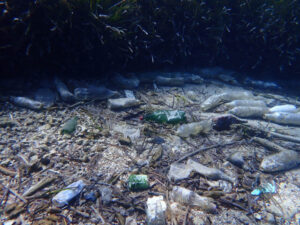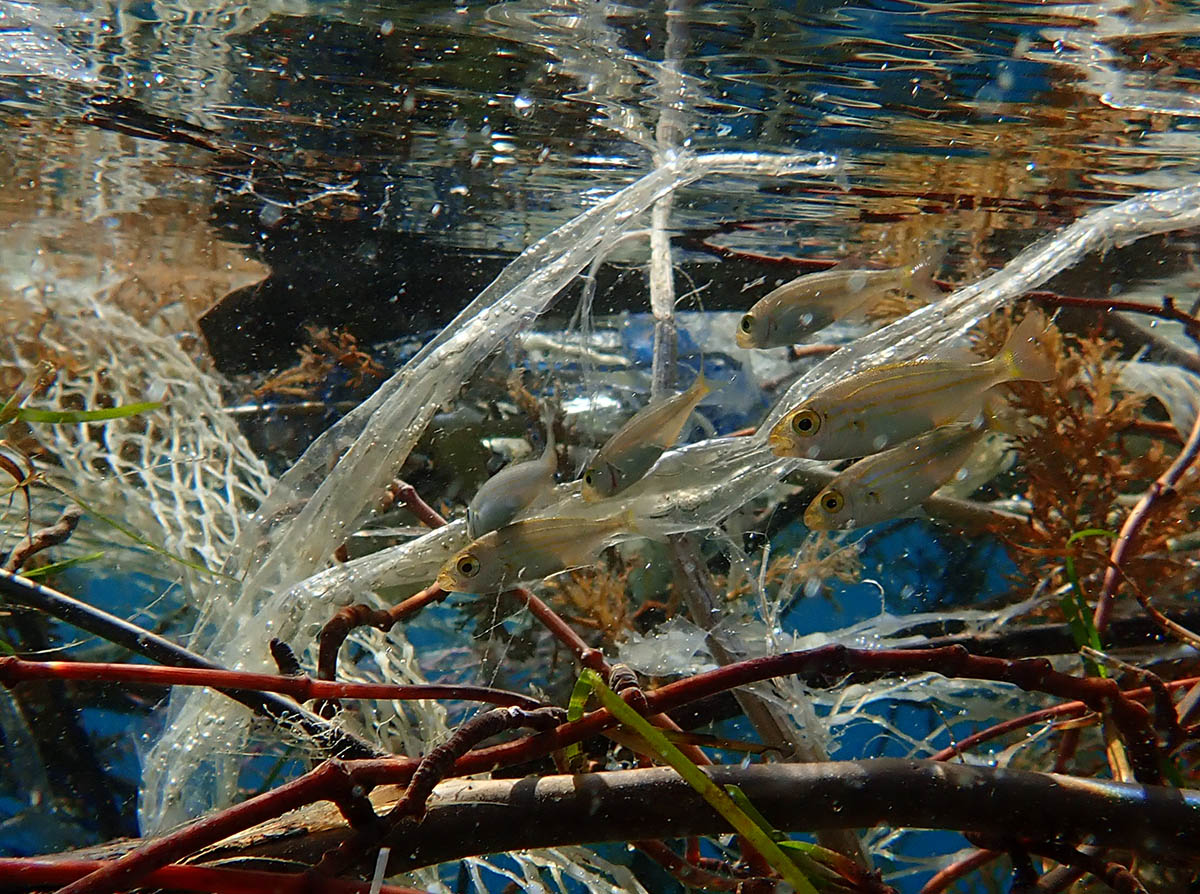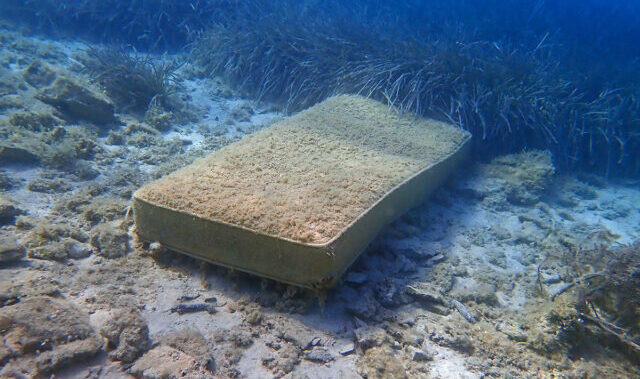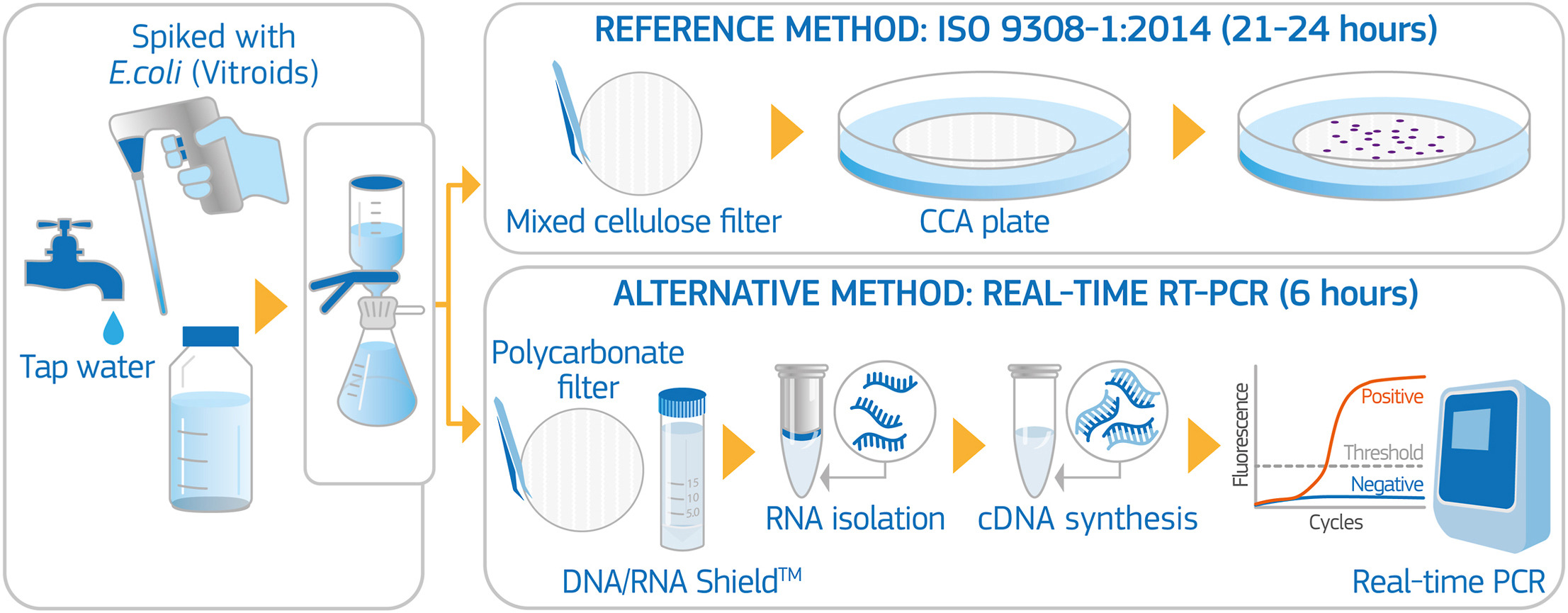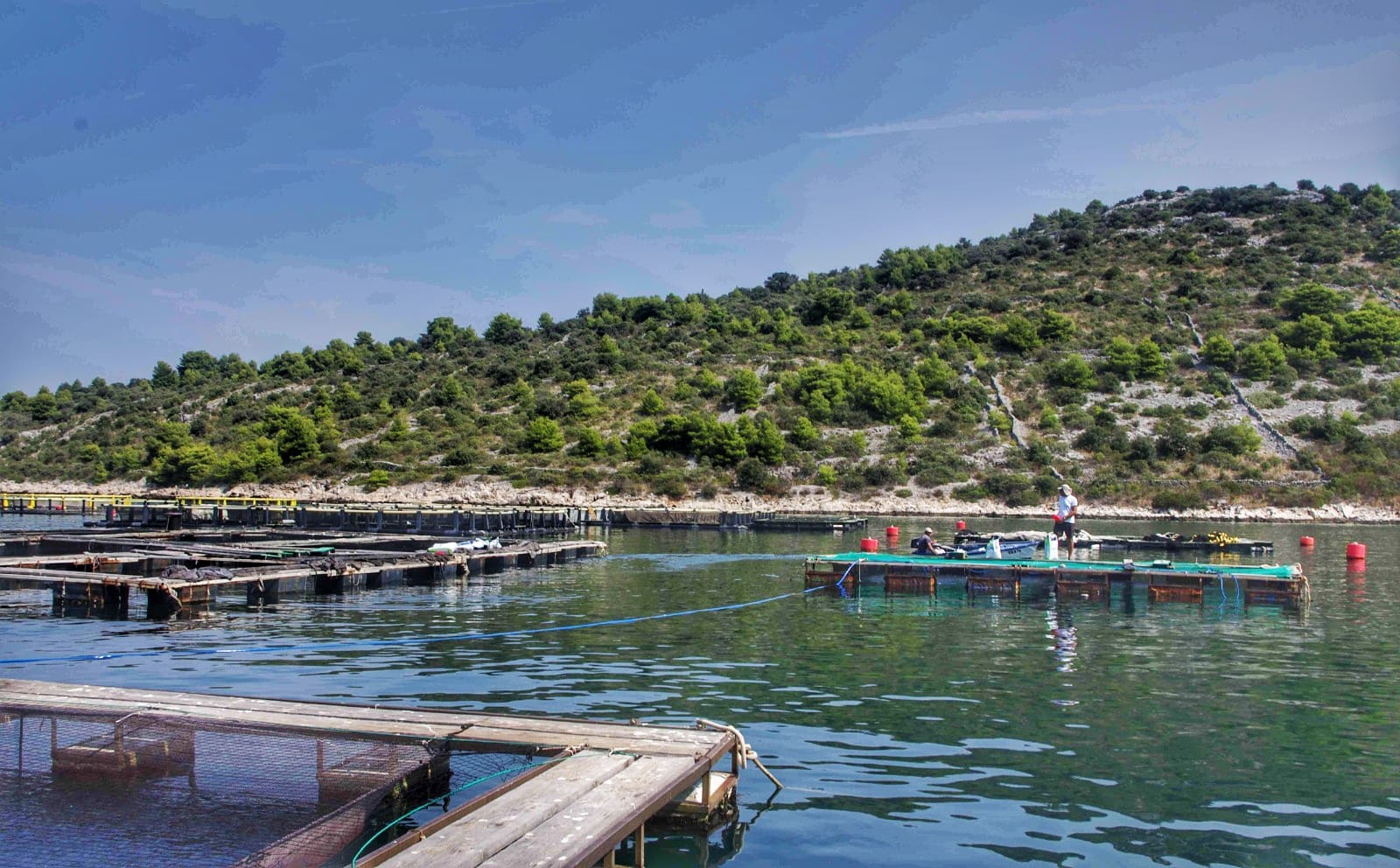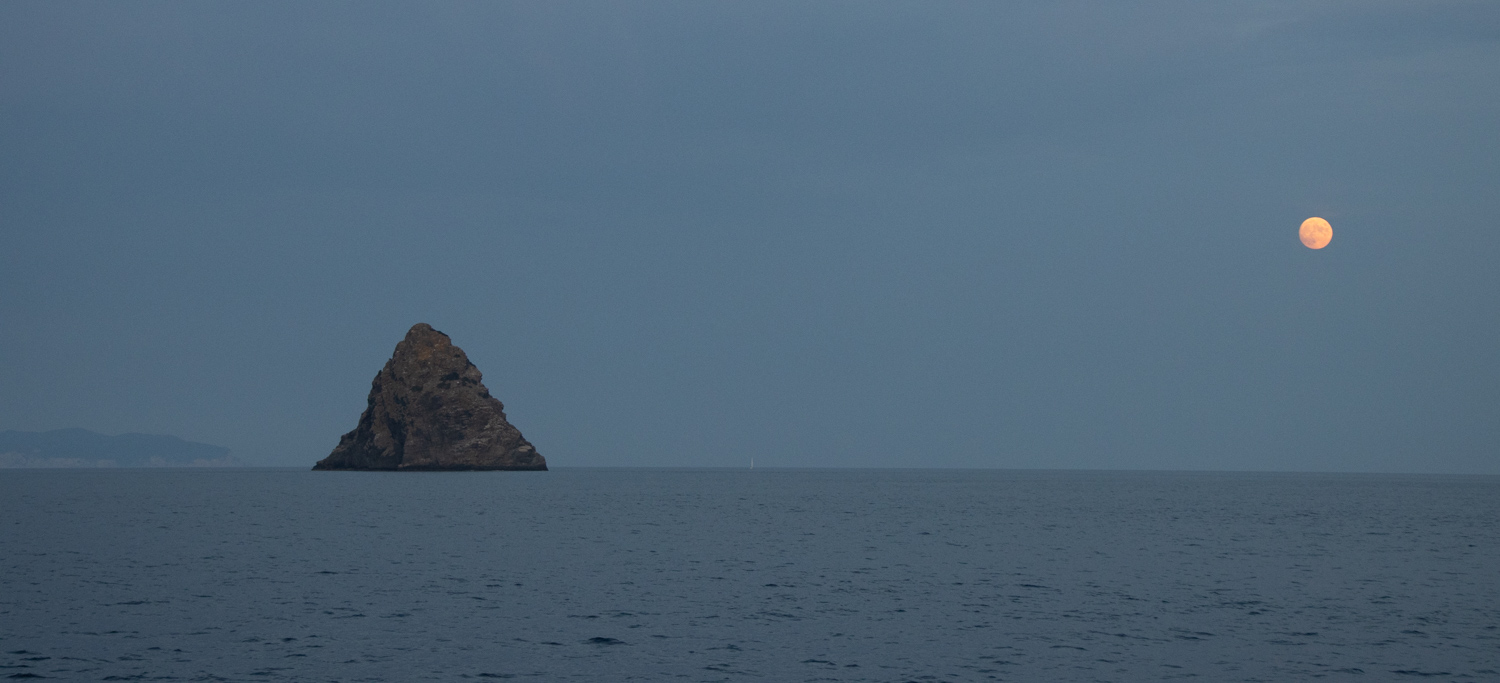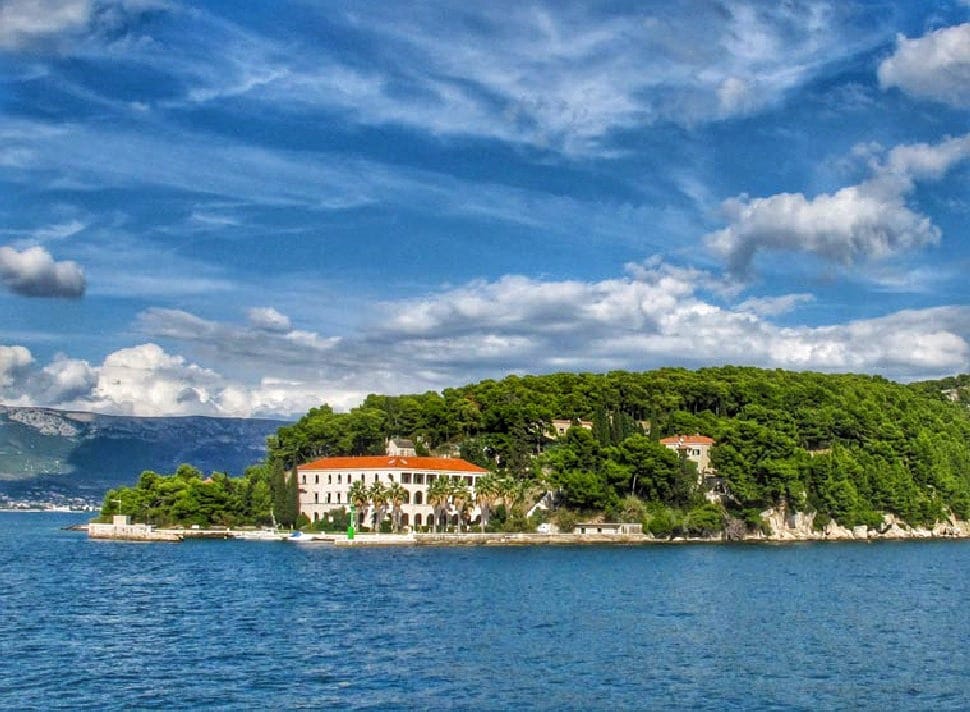Marine debris is a growing global problem and one of the fastest-growing threats to marine ecosystems. Although the problem of marine litter waste in the Croatian part of the Adriatic Sea has existed for a long time, our knowledge about it is still quite scarce. Therefore, the Institute of Oceanography and Fisheries has developed a platform for recording and uniformly collecting data on conducted ecological beach cleaning and diving waste removal.
In the marine environment, litter waste appears on the sea surface, in the water column, on the seabed and washed ashore. Most marine debris is plastic (70-90%), which can float for long periods of time and thus ends up far from the point of entry. Over time, floating items are gradually overgrown by marine organisms and slowly sink to the bottom where they accumulate in specific areas. Almost 70% of the waste that comes from land ends up on the seabed.
Involving civil society associations holds great potential for cleaning up marine debris and raising environmental awareness among the public. Given the mass of ecological cleanups that occur each year on our coasts and in the shallow ocean, the need for coordinated, organized, and systematic collection and storage of data on the amount and composition of marine debris is even greater.
“There is a legitimate need to connect civil society associations, scientific institutions and the public sector on a common platform to publish the ecological actions carried out as well as the data on the amount of litter collected, so that these laudable actions can be carried out in an organized manner and their potential can be fully realized,” said Pero Tutman, Ph.D., scientific advisor of the Institute of Oceanography and Fisheries.
“To date, there is little scientific research data on the amount, distribution, and composition of waste, which is insufficient to draw systematic conclusions about waste sources and trends,” he added.
To this end, the staff of the Institute of Oceanography and Fisheries from Split has developed a platform for the input and uniform collection of data on the ecological actions of beach cleaning and diving operations, as well as the quantities of marine litter collected. It is located at the following link: https://vrtlac.izor.hr/ords/apopub/pocetna.
The basic intention in creating this database is to try to connect interested ecological associations and diving clubs in one place to know the approximate number of actions carried out; to publish information about such actions and promote them in particular, and most importantly from our scientific point of view, to connect these activities with scientific institutions and carry them out according to a certain methodology and serve to systematically collect data on the composition and quantities of marine litter. “Later, these data could be of great use to us in trying to determine the amount, distribution, source, and origin of this waste. Therefore, we invite all interested environmental organizations and diving clubs to contact us through this page or through the email so that we can collect and consolidate data on environmental actions to clean up marine litter on the coast and diving actions in the shallow coastal area. “, Tutman concluded.
